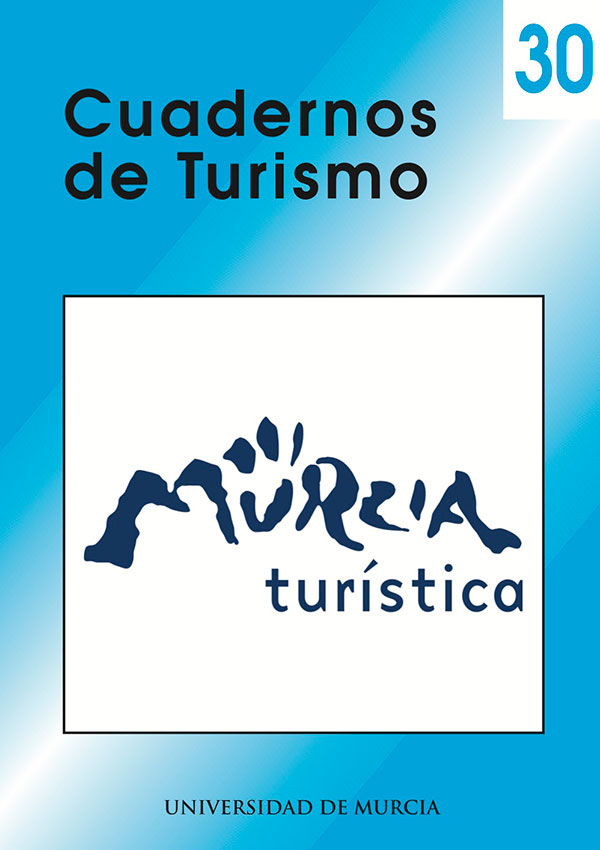Fishing as a factor promoting sustainable tourist development in Águilas, Murcia (Spain)
Abstract
Among all other municipalities in the coast of Murcia, the town of Aguilas stands out as the one which has been less concerned with the promotion of tourism, mainly because it still relies, economically, on fishing and agriculture. In spite of this, Aguilas, like most other Spanish towns along the Mediterranean seashore, has been affected by the massive urban development accompanying tourism, notwithstanding the failures of some big projects, such as Marina de Cope. In the years 2004-2006 Aguilas was involved, together with other fishing towns along the western Mediterranean, in the project MARIMED: fishing as a factor promoting tourist development (as an initiative from INTERREG III-B). The project aims at promoting new ways for tourist development, in this particular case, based on fishing practices, broadly understood as a socio-economic and cultural system which can grant additional benefits to those already derived from the vicinity of the sea. The project, and the materials initially derived from it, has resulted into a Plan for the Tourist Competitiveness of Aguilas: Fishing and Sea, launched in 1999. In this paper we analyze the development of this novel tourist product and its impact upon a space traditionally connected to fishing activities, as reflected in its landscape and culture.
Downloads
-
Abstract984
-
PDF (Español (España))702
-
PDF702
Las obras que se publican en esta revista están sujetas a los siguientes términos:
1. El Servicio de Publicaciones de la Universidad de Murcia (la editorial) conserva los derechos patrimoniales (copyright) de las obras publicadas, y favorece y permite la reutilización de las mismas bajo la licencia de uso indicada en el punto 2.
2. Las obras se publican en la edición electrónica de la revista bajo una licencia Creative Commons Reconocimiento-NoComercial-SinObraDerivada 3.0 España (texto legal). Se pueden copiar, usar, difundir, transmitir y exponer públicamente, siempre que: i) se cite la autoría y la fuente original de su publicación (revista, editorial y URL de la obra); ii) no se usen para fines comerciales; iii) se mencione la existencia y especificaciones de esta licencia de uso.
3. Condiciones de auto-archivo. Se permite y se anima a los autores a difundir electrónicamente las versiones pre-print (versión antes de ser evaluada) y/o post-print (versión evaluada y aceptada para su publicación) de sus obras antes de su publicación, ya que favorece su circulación y difusión más temprana y con ello un posible aumento en su citación y alcance entre la comunidad académica. Color RoMEO: verde.





_.jpg)







